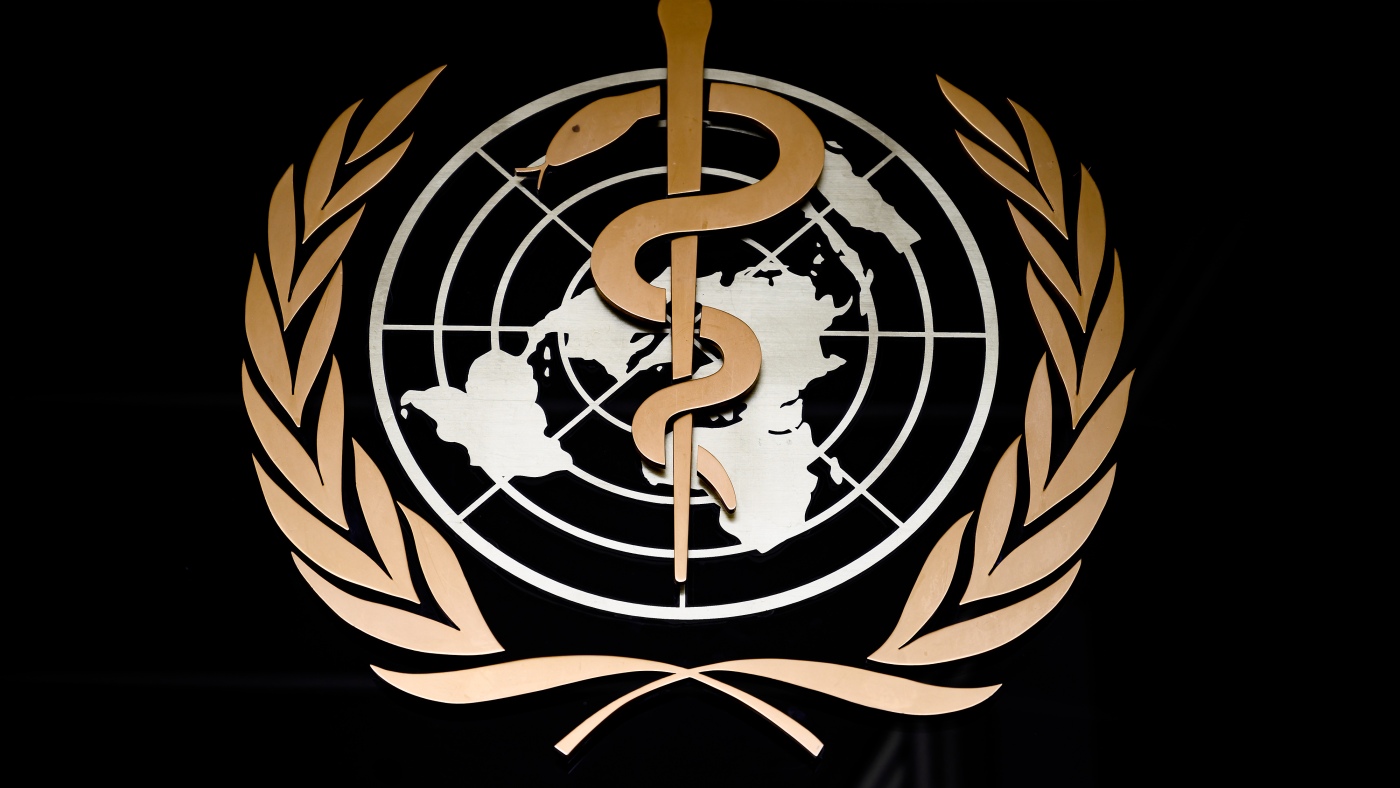Behind the Dollars: Trump's WHO Funding Controversy Unraveled

In a bold move that sparked international debate, the President recently signed an executive order withdrawing the United States from the World Health Organization (WHO), highlighting the complex dynamics of global health funding. At the heart of this decision lies a contentious issue: the perceived imbalance in financial contributions between the United States and China.
The WHO's funding mechanism is a intricate web of international support, with member nations playing crucial roles in sustaining the organization's global health initiatives. While the United States has historically been a major contributor, the administration argues that the current funding structure is fundamentally unfair.
By examining the nuanced landscape of WHO financing, we can better understand the motivations behind this dramatic diplomatic step. The decision underscores growing tensions in international health governance and raises critical questions about global cooperation in addressing worldwide health challenges.
The withdrawal not only signals a significant shift in U.S. international health policy but also potentially reshapes the future of global health collaboration. As the world continues to grapple with complex health crises, the implications of this decision will likely reverberate through diplomatic and medical circles for years to come.
